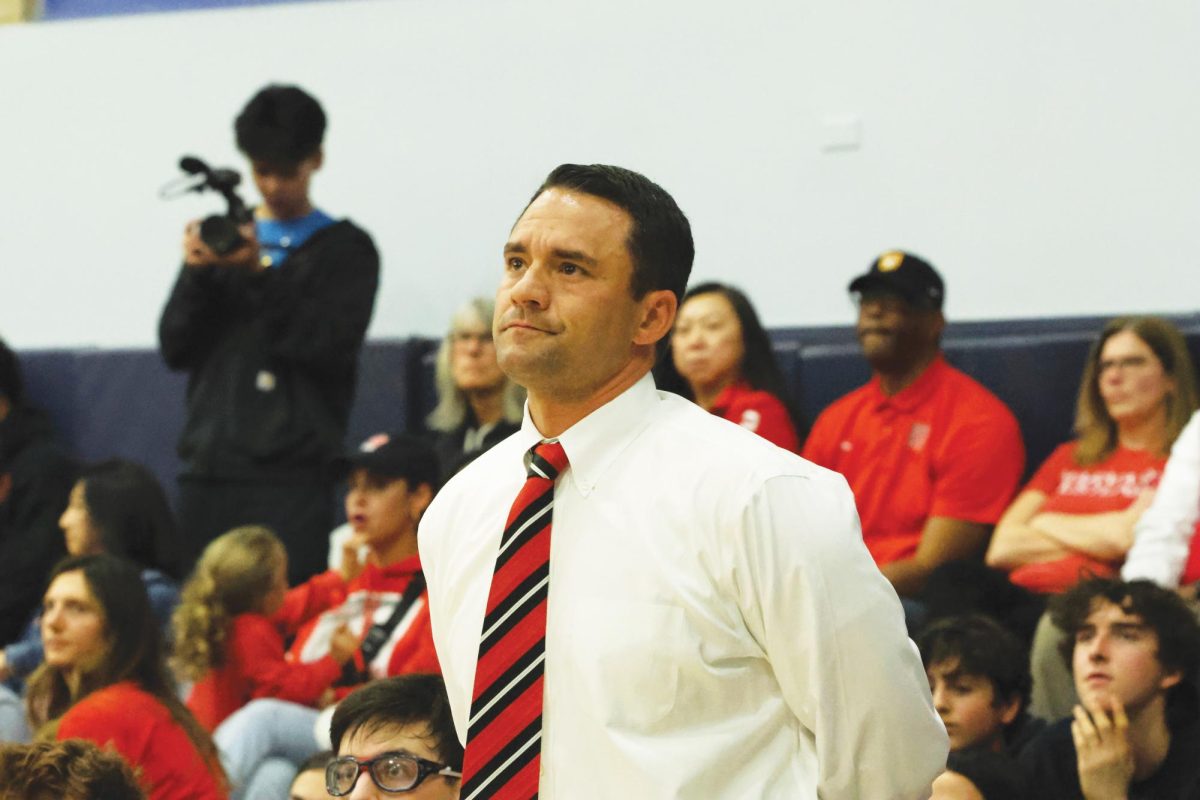By Alex Gura
Looking through the application statistics, Devon Breton-Pakozdi’12 turned to the page of a music conservatory and saw one lone name. Most other colleges have at least a half dozen Harvard-Westlake seniors who apply annually, but individual conservatory schools tally only around two or three upper school applicants each fall, Upper School Dean Jon Wimbish said. This year, Breton-Pakozdi, a cellist who discovered the instrument in seventh grade, is one of the few student musicians who aims to enroll in a musical conservatory for college. More specifically, Breton-Pakozdi wishes to gain a spot in a joint exchange program, which links a more traditional liberal arts college to a musical conservatory and allows the student to gain a second degree, often in another subject completely unrelated to music.
However, applying to these programs takes a lot of motivation. Not only do prospective students have to fill out the Common Application like all other seniors, but because they are technically applying to two separate colleges for one program, they also have to go through a completely separate but equally rigorous application process to conservatories. Because he’s applying as a musician to both a college and a conservatory, Breton-Pakozdi needs to make many recordings for both applications before he can be ‘screened’, or have a live audition.
“Not only do I have to have my [Common Application] arts supplement together, but before I apply later I have to have all my ‘prescreening’ recordings together, which are different materials,” Breton-Pakozdi said. “Unless you’re applying solely to conservatories, factoring music in as an important part of the college process is just adding rather than subtracting.”
Conservatories can also get very picky about what types of music they require, and Breton-Pakozdi has run into widely varying recording guidelines. He was ultimately able to choose four songs to practice and record that would cover all the requirements, but alongside practicing for these recordings he has to work on the same number of applications as any other senior applying to top-tier schools.
However, Breton-Pakozdi has sculpted his college choices in such a way that he feels he has reduced the amount of stress that accompanies processes like these, because he has found different priorities regarding the college process. At first he felt disadvantaged since he doesn’t go to a pure performing arts high school and thought he would not be competitive enough for the top-tier conservatory schools. He has now found a balance between academics and musical talent however.
“When you apply only to a conservatory, they judge you based almost exclusively on musical performance,” Breton-Pakozdi said. “Arts and science colleges that have their own conservatory inside the university that put more of an equal emphasis on instrumental talent and academic achievement.”
If Breton-Pakozdi gets into a conservatory, he can expect to find a college experience different from that of most of his high school peers. As opposed to colleges which allow students to take multiple classes in group settings with separate teachers, the conservatory experience breeds a level of personal connection with a single teacher who leads most of the student’s classes. Therefore, a great consideration in choosing which conservatory schools to apply to is the specific teacher that leads a student’s intended instrument. Though a school might have an exceptional music program in general, another school with a better set of cello teachers might appeal more to Breton-Pakozdi.
Conservatory schools also have similarities with other schools in the way they structure their courses. Aside from required courses in instrumental proficiency, which make up a large part of the curriculum, conservatories share the concept of distribution requirements with many liberal arts universities. Like other colleges that require competency in math, philosophy and writing, conservatories require competency in many areas outside the recording studio, such as musical theory, ear training and keyboard proficiency.
“Distribution requirements in philosophy are to make you an educated human being, but the conservatory process is an attempt to make you an educated, well-rounded musician,” Breton-Pakozdi said.
Breton-Pakozdi hopes that many students will consider applying to conservatories, and so far he hasn’t been disappointed. Sitting in the music school application meeting on Senior College Night last month, he was surprised to see many people who were interested in music school that he had “no idea were serious.”
However, the type of program Breton-Pakozdi is applying to is only right for a certain type of individual, because the joint focus of both academic and musical pursuits requires significant dedication, he said. Students who apply to these schools in the hopes of getting a bachelor’s of music, Breton-Pakozdi said, are better off just focusing on a pure conservatory. Likewise, casual players of an instrument who have simply stuck with their music from childhood probably should look elsewhere for the most fulfilling education.
“It becomes harder when you’re very passionate about something but haven’t given it as much consideration as other things,” Breton-Pakozdi said. “That’s when you have to sit on a rock and search your soul.”
As for his goals later on in life, Breton-Pakozdi isn’t sure yet of what he aspires to career-wise. Though he knows music will always be a part of his life, he would like to use his dual degree in a field unrelated to music to his advantage. At this point, he envisions himself as a composer, but he also will probably study economics in college as he has had a “long-term love-affair” with the subject.






































